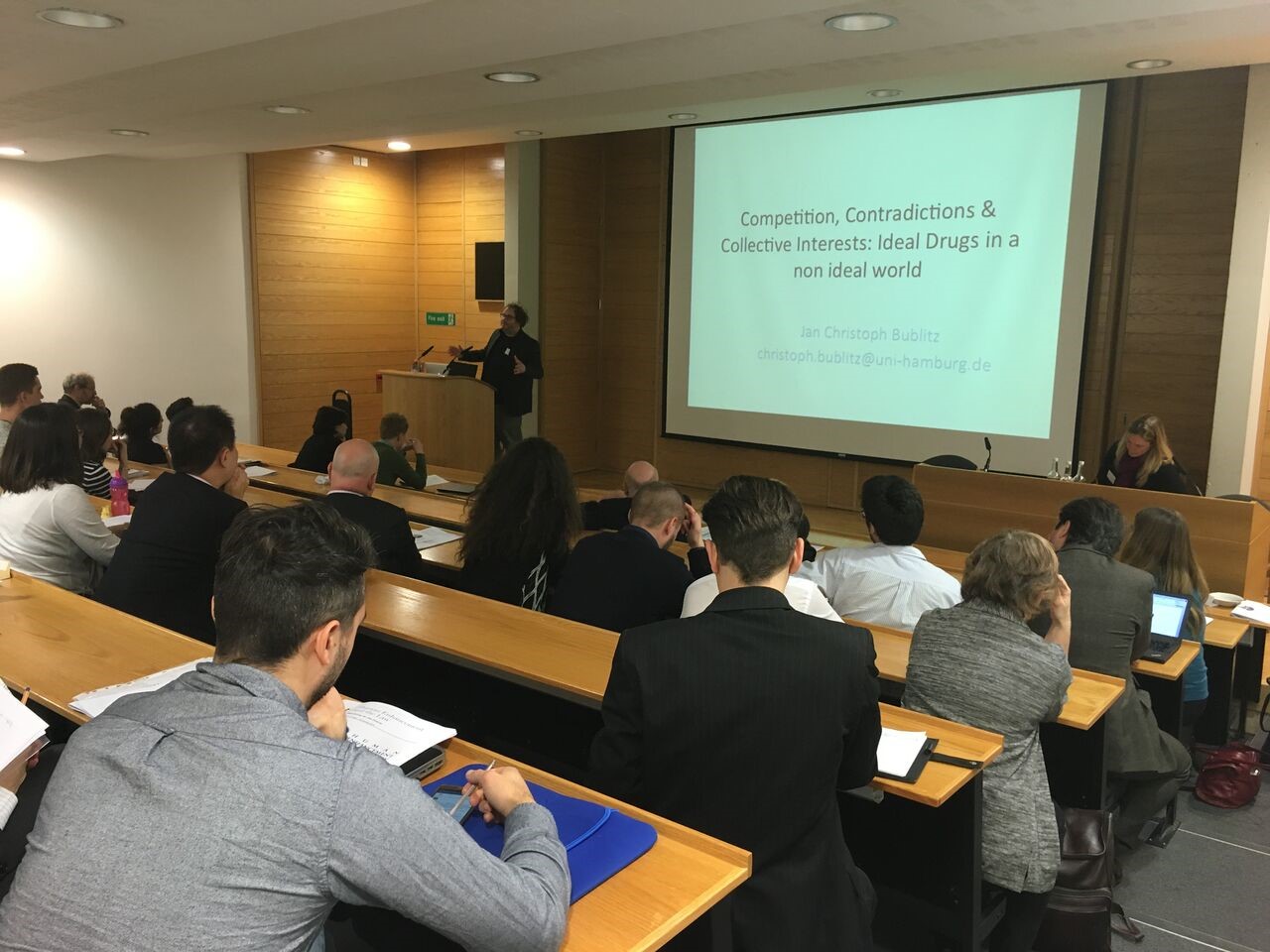The NeuroLaw Network conference: 'Human Enhancement and the Law: Regulating for the Future'
Associated people
The Neurolaw Conference'Human Enhancement and the Law: Regulating for the Future’ which took place on 7-8 January aimed to identify the legal issues that arise as a result of developments in human enhancement technologies. Paper presentations and panel sessions were directed at exploring the ways in which legal systems — both within jurisdictions and across borders — can and should respond to these the important emerging issues. These have focused in particular on a range of issues, from criminal responsibility, the regulation of enhancement technologies, issues arising from CRISPR-Cas and genetic enhancement, whether there could be obligations to enhance, where enhancement engages with public health and human rights and the associated harms that are often overlooked or only vaguely dealt with relating to enhancement.

A number of collaborations have started through the Network including work between Nick Fitz (University of British Columbia) Nick Davis (Manchester Met University) and Janet Bultitude (University of Bath). The Conference, which was the culmination of a two year AHRC grant, is due to result in a special edition of the Journal of Law, Information and Science (forthcoming, 2016) as well as papers presented at the conference being published in the Oxford Journal of Bioethics. The Network has engaged with academics and members of the public through our website and twitter feed @NeuroLawNetwork. We have been covered by Luke Robert Mason in a recent article for VICE on the body-property divide which is available here.
The NeuroLaw Network has also held two international workshops in Pavia and Tilburg which have focused on issues relating to enhancement and the law. These have brought together a wide range of academics from across Europe and North America and have included scientists, lawyers and philosophers. In total, the Network has brought together academics from thirty institutions including the Universities of Oxford, Bristol, Tilburg, Hamburg, Pavia, Padova, Georgia State, Utah, and King’s College London.


